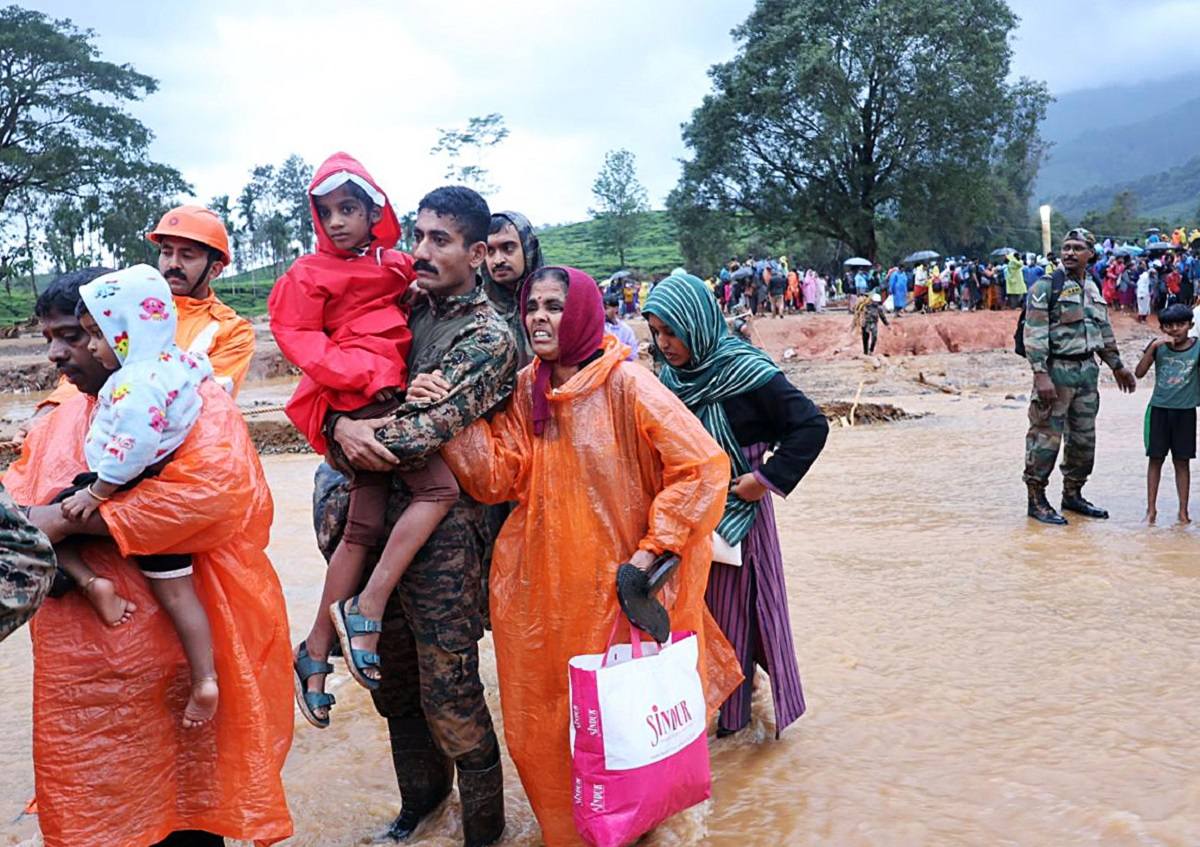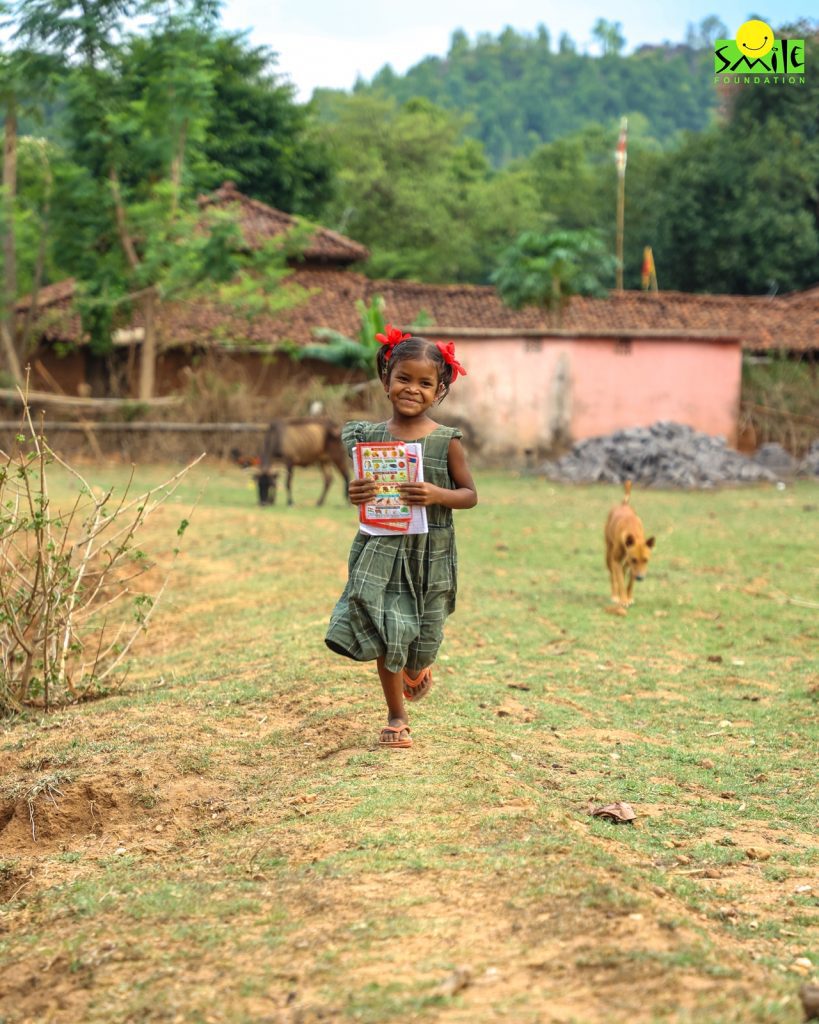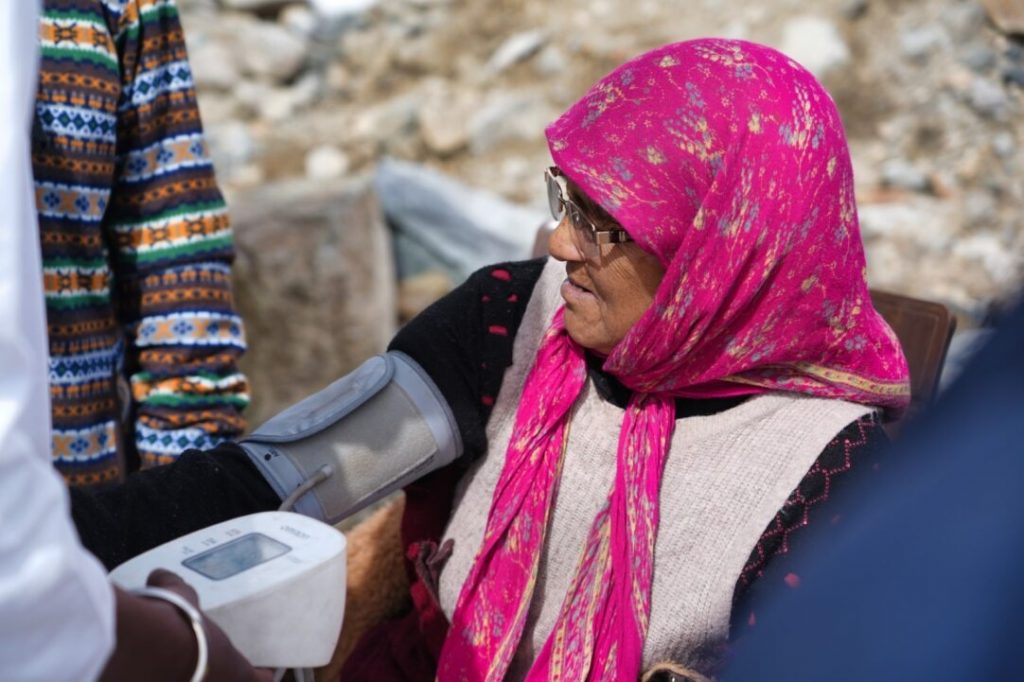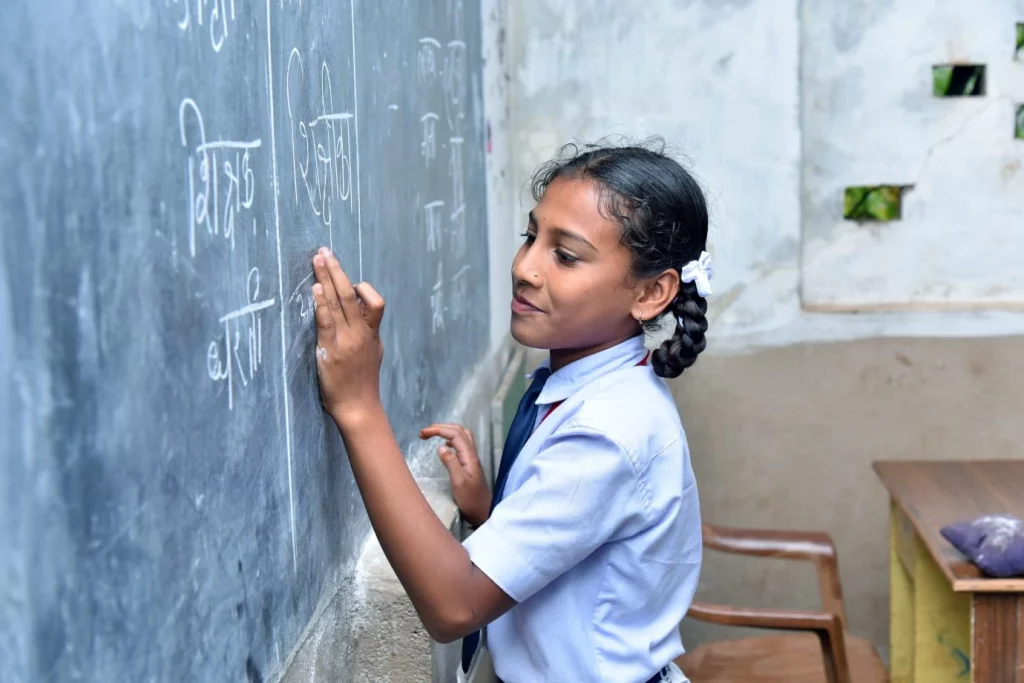Climate change, driven primarily by human activities like burning fossil fuels and deforestation, is one of the most critical challenges we face today. It impacts nearly every aspect of life on Earth. From our health to our economy, the consequences of climate change are becoming increasingly apparent. Climate change affects individuals personally and economically, with a particular focus on recent floods and their wide-ranging impacts.
Understanding Floods and Their Triggers
Climate-Related Factors
Climate change significantly impacts the frequency and severity of floods. Warmer temperatures increase evaporation, leading to more intense and frequent rainfall. Additionally, melting glaciers and ice caps contribute to rising sea levels, which can exacerbate coastal flooding. These climate-related factors make extreme weather events, such as hurricanes and typhoons, more severe and frequent, often resulting in devastating floods.
Extreme Weather Events
Hurricanes, typhoons and heavy rainstorms are becoming more common due to climate change. These extreme weather events bring intense rainfall and storm surges, which can overwhelm drainage systems and lead to severe flooding. The increasing frequency and intensity of these events pose significant risks to communities worldwide.
Personal Impacts of Floods
1. Health Risks
Floods can lead to immediate and long-term health issues. Standing water can spread waterborne diseases such as cholera and typhoid. Additionally, exposure to contaminated water and debris can cause infections and exacerbate chronic conditions. The mental health impacts, including stress, anxiety and PTSD, are also significant, as individuals cope with the trauma of losing homes and belongings.
2. Mental Health Strain
The psychological toll of flooding can be profound. The stress and trauma associated with evacuation, loss of property and uncertainty about the future can lead to mental health issues. The long-term emotional impact of floods can affect personal well-being and community cohesion.
3. Displacement and Loss
Floods often result in the displacement of individuals and families. Those in flood-prone areas may face evacuation and temporary relocation, leading to a loss of home and community. This displacement can have lasting effects on personal identity and stability, creating feelings of insecurity and loss.
Economic Impact on Individuals
1. Property Damage and Infrastructure Costs
The financial impact of floods is substantial. Property damage from floods can be extensive and the cost of repairs and rebuilding can strain personal finances. Additionally, ongoing repairs and maintenance of infrastructure due to climate-induced damage can lead to higher household expenses.
2. Impact on Agriculture and Food Prices
Floods can disrupt agricultural production, affecting crop yields and food prices. Unpredictable weather patterns and heavy rainfall can damage crops, reduce harvests and drive up food costs. For individuals, particularly those in low-income households, this can lead to financial hardship and reduced access to essential goods.
3. Job Loss and Economic Instability
Floods can disrupt local economies and lead to job losses, particularly in sectors like agriculture, fisheries and tourism. The broader economic impact, including increased costs for disaster response and recovery, can strain local economies and reduce overall stability.
Community-Level Economic Impacts
1. Infrastructure Destruction
Communities face significant economic challenges due to the destruction of infrastructure. Roads, bridges and public buildings are vulnerable to flooding, and repairing or replacing them requires substantial investment. This can divert funds from other essential services and impact daily life and economic productivity.
2. Changes in Local Economies
Floods can alter the economic landscape of communities. For example, coastal towns that rely on tourism may see declines in visitors due to eroded shorelines and increased storm activity. Similarly, fishing communities may experience reduced fish stocks and changes in marine ecosystems, affecting their livelihoods.
3. Social Inequality
Floods often exacerbate existing social inequalities. Vulnerable populations, including low-income families and marginalised communities, are disproportionately affected by flood-related disasters and economic disruptions. These groups typically have fewer resources to adapt and recover, leading to greater social and economic disparities.
Recent Floods and the Urgent Need for Support
The recent floods in Kerala, Assam, Himachal Pradesh, Uttarakhand and Maharashtra have affected around 30 lakh people. These devastating floods have caused extensive life losses, property damage, displacement and severe disruptions to daily life. The affected regions are in urgent need of relief and support.
How You Can Help – Kerala Flood Donation
In light of these urgent needs, all of us need to support the affected communities. Your support can make a real difference by providing immediate relief and aiding in long-term recovery efforts.
Your help can provide essential supplies to the affected families, help rebuild homes and support those who have lost so much. Together, we can make a meaningful impact and help communities recover and rebuild stronger in the face of climate change.
Floods, exacerbated by climate change, present significant challenges on both personal and economic fronts. The health risks, mental strain and displacement individuals face are compounded by the economic impacts on infrastructure, agriculture and local economies.
Addressing these challenges requires collective action from individuals, communities, nonprofits and governments to mitigate climate change and adapt to its effects. By understanding the multifaceted impacts of floods and supporting those in need, we can work towards a more resilient and sustainable future for everyone.










